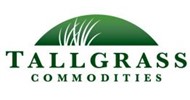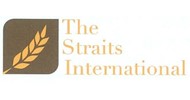June 5, 2020
While analysts have published an estimate of the costs of African swine fever to the Asian pork sector, new outbreaks of the disease have been reported in two Chinese provinces.

Total direct costs of African swine fever (ASF) in Asia have been estimated at between US$55 billion and US$130 billion, according to Asian Development Bank (ADB).
Covering losses over just one year, the estimates include initial losses and culling (US$28 billion to US$46 billion), purchasing of replacement animals (US$4 billion to US$7 billion), and lost revenue of US$23 billion to US$77 billion. Added to this are the unquantifiable impacts on rural livelihoods and food security.
While the true figure will probably never be known, ADB says its estimates will contribute to policymaking as well as the provision of the resources required to mitigate risk and control the disease.
New ASF outbreaks in China
China’s agriculture ministry has reported two new outbreaks of ASF over the past week.
First to be affected was a farm in the Lanzhou region of Gansu province in the third week of May, according to the ministry’s latest report to the World Organisation for Animal Health (OIE). At the premises with almost 10,000 pigs, 92 animals died and the rest have been destroyed.
With three previous outbreaks confirmed in this province since the end of March, this latest outbreak brings the total in Gansu to four so far this year.
This week, the Ministry of Agriculture confirmed another ASF outbreak on its web site. The virus was detected after approximately 80 piglets died at a farm in the Lijiang city region of Yunnan province. Local and ministry officials arranged for the remaining 20 animals to be culled. This was followed by checking and culling of other pigs in the immediate area, and a ban on the transport of live pigs and pork products in the region.
Compensation for affected farmers in the Philippines
Around PHP960,000 (US$19,300) has been awarded to 39 backyard pig keepers in Camarines Sur, reports Philippine News Agency. The payout was made to compensate the owners for 192 pigs that were culled to control ASF. This brings to PHP28.7 million the total paid out since April to around 1,170 farmers in this area whose healthy animals were culled to prevent the further spread of the disease.
The local Department of Agriculture has stressed the importance of continuous surveillance, monitoring of ASF zoning restrictions, border controls and biosecurity measures in order to achieve ASF-free status.
Camarines Sur is a province in the south of the island of Luzon, where ASF was first reported in July 2019. Losses have also occurred on Mindanao.
At the end of May, the Department of Agriculture announced the Philippines will participate in field trials to test the efficacy of a promising candidate ASF vaccine.
More than 280,000 pigs have already been culled in the Philippines to control the spread of ASF, according to Business World.
ASF-related pig losses mount in India
In the northeast Indian state of Assam, the official toll of pigs from ASF is approaching 17,000. Actual mortalities are likely to be much higher, reports Live Mint, as backyard farmers generally do not inform the authorities about deaths among their herds. There are seven disease epicenters in the state.
With annual pork consumption in the state of 360,000 metric tons, Assam accounts for about two-thirds of the national pig meat uptake. In recent years, local demand has stimulated the setting up of organized farms of all sizes in the region. Farmers say the climate is better suited to pig rearing than dairying, and the returns are better. As exotic breeds grow faster than native pigs, local pig breeders have imported Yorkshire, Hampshire and Duroc animals from Nepal.
India’s veterinary authorities have not posted any further official reports on the ASF situation. Last week, it emerged that the virus had been circulating in Assam and neighboring Arunachal Pradesh since January.
Sky-high piglet prices in Vietnam
As Vietnam recovers from the decimation of its pig herds from ASF last year, pig keepers are keen to rebuild their herds.
However, scarcity of piglets has pushed up prices dramatically. One pig breeder in Quang Nam province reports selling piglets for VND1.3 million (US$55.80) each, according to VN Express.
ASF resulted in the loss of almost six million pigs across every region of the country over a period of six months starting in February 2019, reports OIE. Recent outbreaks have been reported in Hanoi and 19 other provinces. It is hoped that herd restocking is not premature.
Source: feedstrategy.com
 Consumer behavior changing dramatically in Asia
Consumer behavior changing dramatically in Asia 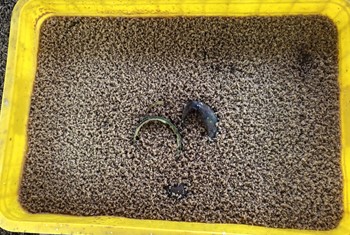 Raising this species of flies and then taking the eggs to sell for 3 million VND / 100 grams of fly eggs
Raising this species of flies and then taking the eggs to sell for 3 million VND / 100 grams of fly eggs 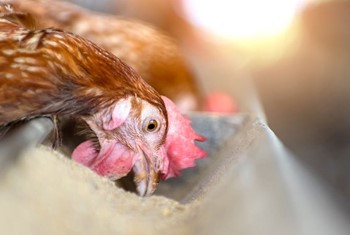 Poland: Poultry feed production hampered by Covid-19
Poland: Poultry feed production hampered by Covid-19 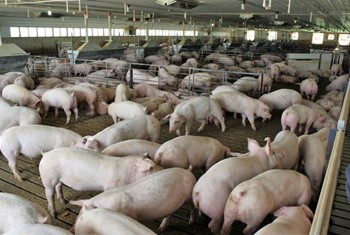 How to slow pig growth due to Covid-19?
How to slow pig growth due to Covid-19? 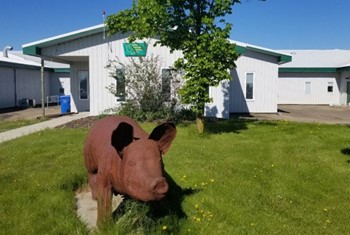 June feed update: What did you miss?
June feed update: What did you miss? 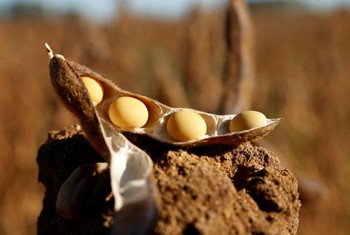 Good weather in the US slightly reduces soy price
Good weather in the US slightly reduces soy price PTT Trading Service Co., Ltd
(Vietnam Address)
462, Pham Thai Buong Street,
(R3-37 My Toan 1 - H4), Phu My Hung,
Tan Phong Ward, District 7,
Ho Chi Minh City, Vietnam
Tel: (+84) 286 6868 5888
Singapore Office:
Blk 457, Pasir Ris Drive 4, #09-305
Singapore 510457
Contact: (+84) 903 077 931
Email: jeffreypang@pttgroup.org




